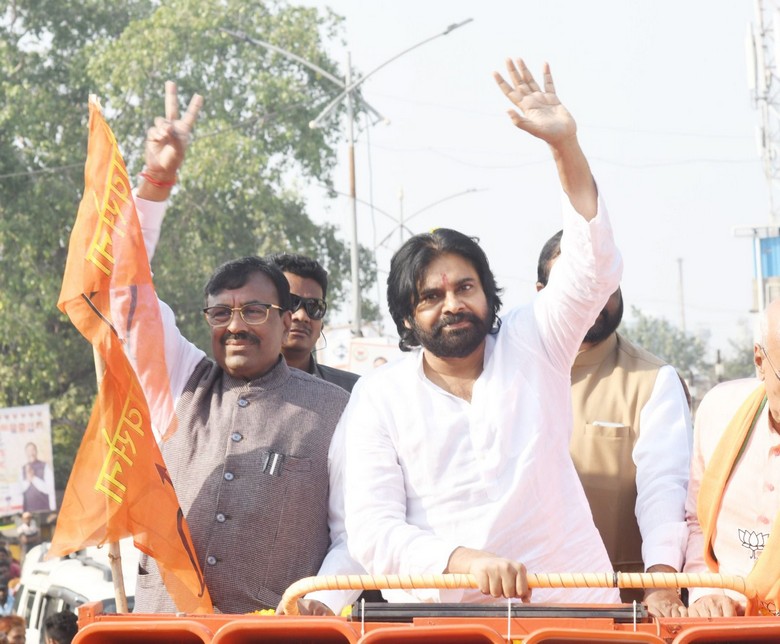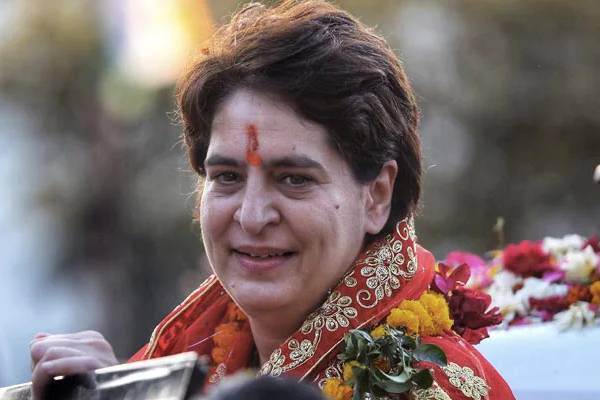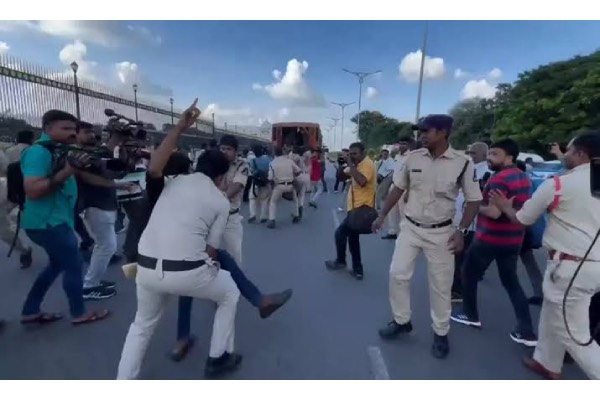Background:
Telangana is currently embroiled in a heated debate over the upcoming Group 1 examination. The controversy centers around Government Order (G.O.) 29, which has sparked protests among job aspirants. This situation has emerged after a decade-long hiatus in government recruitments, making it a critical issue for thousands of candidates.
The G.O. 29 Puzzle :
G.O. 29 replaced the previous G.O. 55, issued by the former BRS government. While G.O. 55 mandated a 1:50 ratio for selecting candidates for the Mains exam, G.O. 29 was introduced to address a shortfall in qualified candidates for reserved posts. This new order allowed an additional 3,232 candidates to qualify for the Mains, bringing the total to 31,382 eligible candidates for 563 Group 1 posts.
Points of disagreement :
The main areas of dispute include the caste background of the additional candidates, potential impacts on reservation rights, and the overall fairness of the new selection process. Some reserved category aspirants argue that the extra candidates are predominantly from upper castes, a claim the government denies. There are also concerns about how this change might affect jobs meant for reserved categories.
Demands and Protests:
Aspirants are calling for a postponement of the exam until these issues are resolved. They also seek clarity on valid study materials and have raised allegations of police brutality during peaceful protests. The situation has escalated, with demonstrations taking place across the state.
Congress Government’s Stance:
Telangana government maintains that G.O. 29 was necessary to fill gaps in reserved category positions and includes candidates from reserved categories who performed well on the merit list. They argue that this approach ensures that reserved posts don’t go unfilled while also recognizing merit.
Expert Advice :
Experts advise aspirants to focus on exam preparation rather than getting caught in political debates. They emphasize the importance of seeking peaceful resolutions and avoiding rumors. The path forward likely involves constructive dialogue between the government and aspirant representatives to ensure a fair and transparent examination process that balances merit and reservation policies.
This controversy highlights the complex interplay between merit-based selection and reservation policies in India’s public sector recruitment. As the debate continues, finding a solution that respects both principles while addressing the concerns of all stakeholders remains a significant challenge for Telangana’s government and aspiring civil servants.
-Sanyogita


































